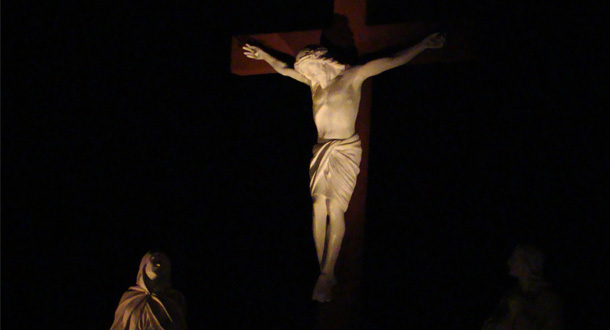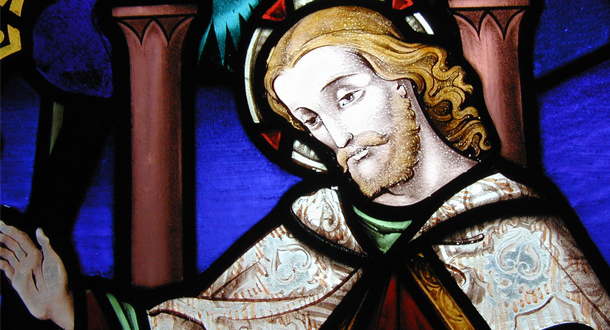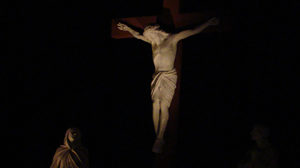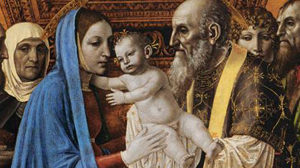 Scripture:
Scripture:
Reflection:
“The Advocate, the Holy Spirit whom the Father will send in my name – he will teach you everything and remind you of all that I told you.” Acts 14:26
The Scriptures we read for today’s Mass gives us two snapshots of the historical development of the early Church.
The first snapshot that I want to reflect upon comes from the Gospel passage. Jesus had just finished washing the feet of his disciples when he begins a long discourse on our relationship with God, with Jesus himself and with one another. Jesus was well aware that this was the last time he would be with his disciples. He wanted his teaching and legacy to be clear. Jesus wanted his disciples to firmly believe that the Way to God was only through his Person, through Jesus himself. The test of discipleship would be fidelity to Jesus’ Word, to the Gospel Jesus so eloquently preached throughout his life. He told them: if you are faithful to His Word, you will be faithful disciples. If you do not keep His Word, then you are not true disciples. For Jesus, it was as simple as that.
Jesus wanted his disciples to have clarity on this. But he also wanted to assure them that an Advocate, the Holy Spirit, would be guiding them, reminding them of his words and teachings, and they would receive new insights when they encountered new situations in their lives.
The second snapshot comes to us from the Acts of the Apostles, from the first reading for today’s Mass. There is a proverb in Spanish that goes something like this: we make paths by walking. This was what the Apostles were doing after Pentecost. They were creating new experiences of Church by just doing, by going out and preaching and teaching and loving one another. Sometimes bad things happened and sometimes good things happened. But they never wavered. They believe in the Person of Jesus, in His Gospel and in His Promises. In the good times and in the bad times, they were faithful to His Word.
And so it is with us. How do we know if we are Jesus’ disciples? If we are faithful to Jesus’ Word, then we are his disciples. If we surrender our selfish ways of doing things, then we are truly his disciples. If we let our good works go to our heads and begin to believe that we are like the gods, more important than anyone else, then we are not Jesus’ disciples. Being a disciple of Jesus takes constant vigilance, commitment and prayer. Can we do this on our own? Not on our life! Jesus said, by following His Word, we experience the indwelling of God. We allow God to be present in our lives. We get the grace to go beyond our human weakness. We receive the forgiveness we need to go forward. We become like those first Apostles who witnessed to Jesus’ Resurrection.
Jesus demands much of us. But he sends us his Advocate: The Holy Spirit. Alleluia!
Fr. Clemente Barrón, C.P. is a member of Mater Dolorosa Community in Sierra Madre, California.

 Scripture:
Scripture: Scripture:
Scripture:



